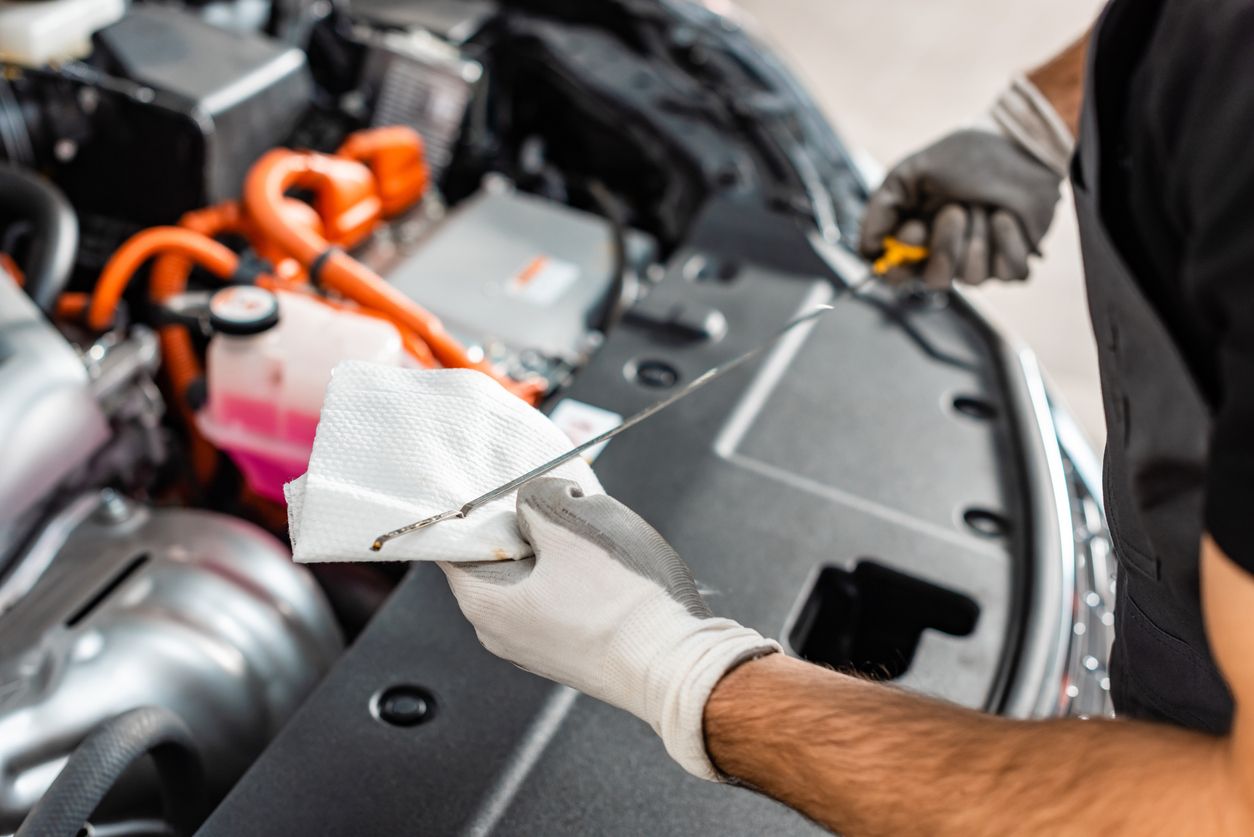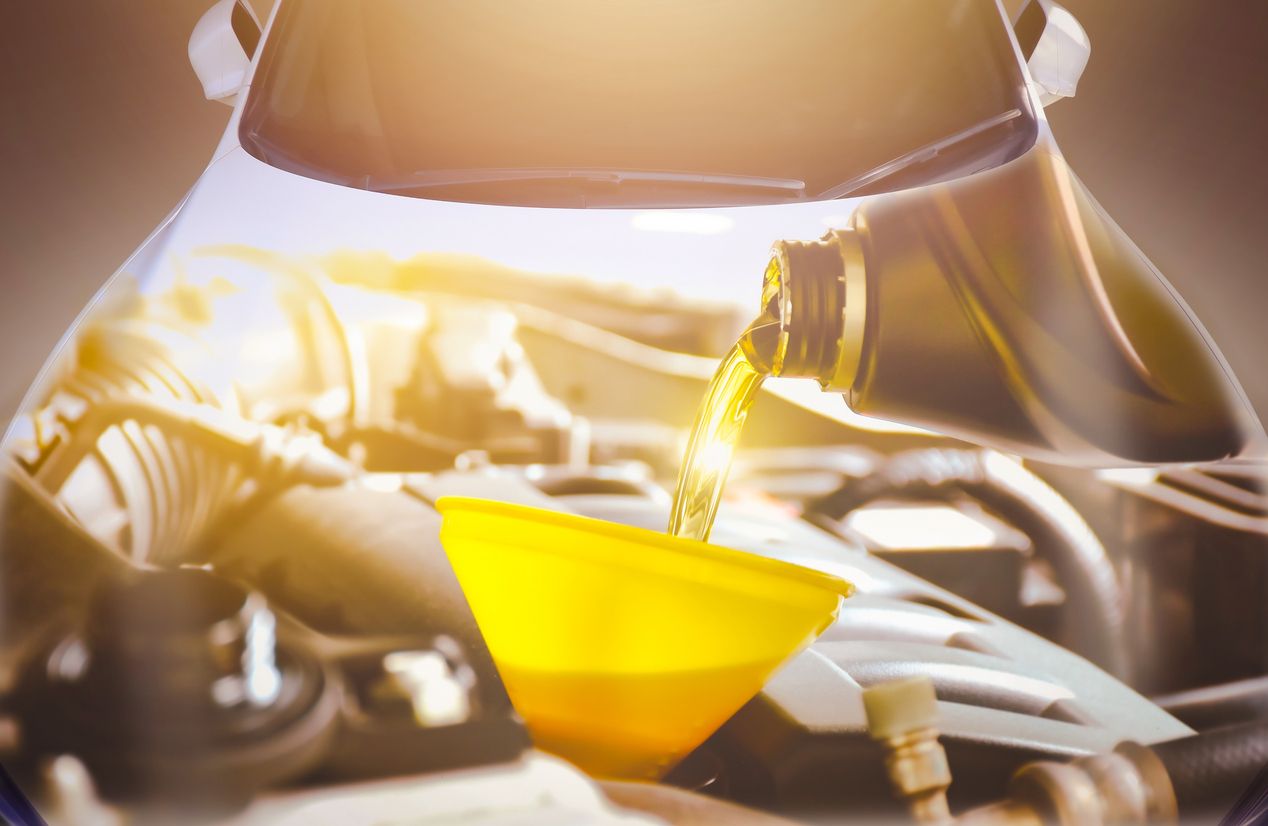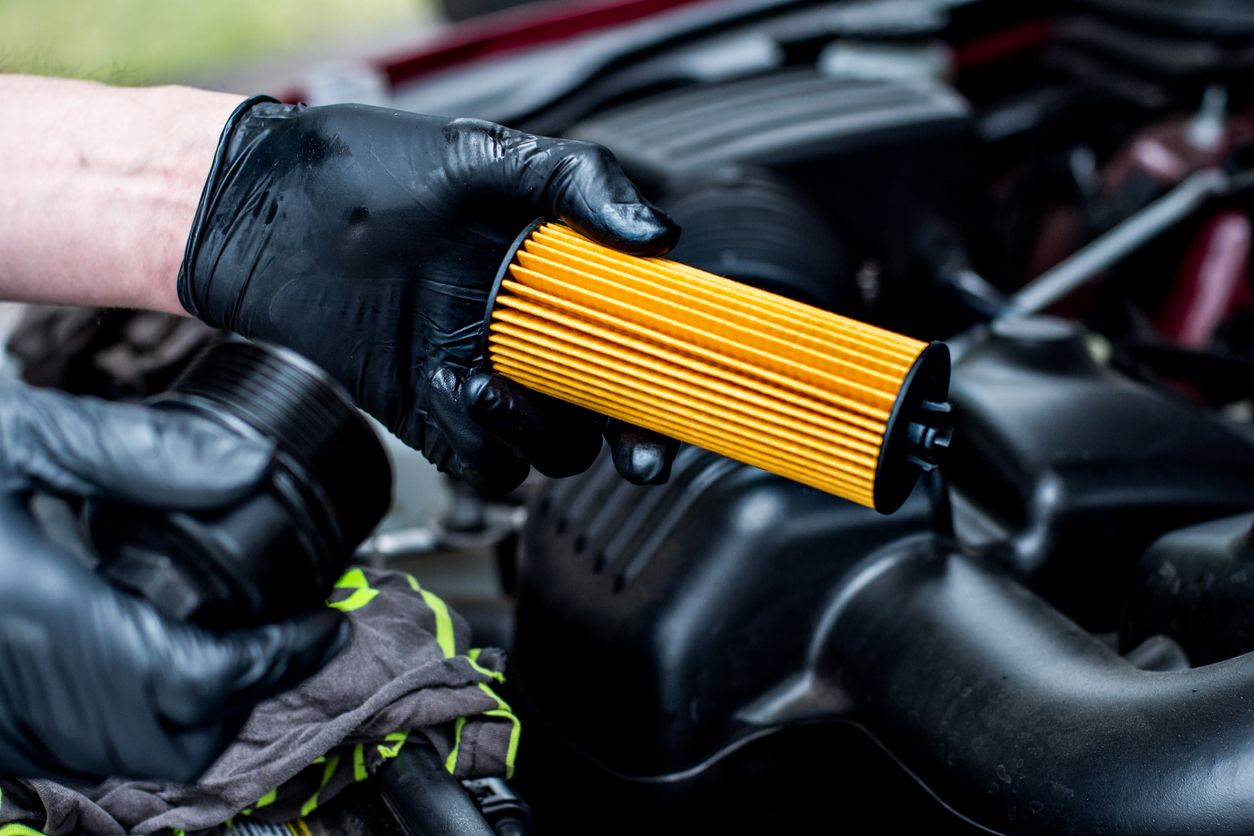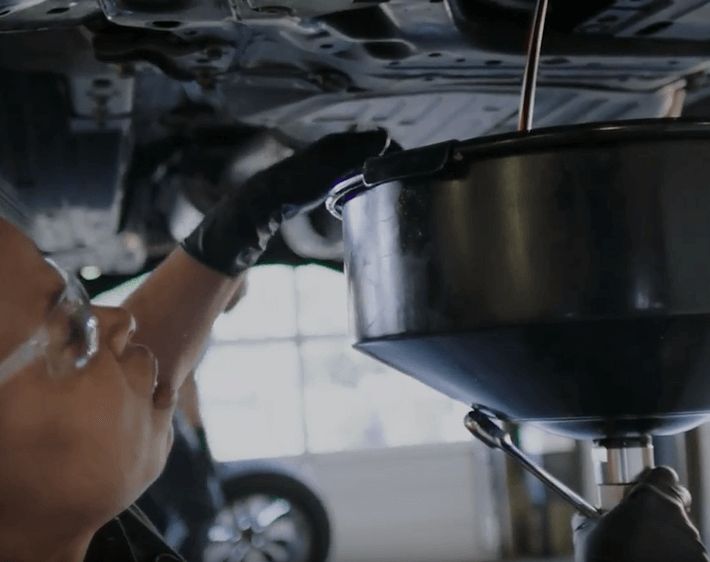Your car might alert you to low oil pressure with an illuminated dashboard light or it might give off a burning oil smell, among other symptoms. But what's the big deal about low oil pressure? Should it stop you in your tracks? Learn the symptoms of low oil pressure, what causes low oil pressure, and why you should visit your nearest Firestone Complete Auto Care as soon as possible if your vehicle is showing symptoms of low oil.
Symptoms of Low Oil Pressure
Several symptoms can point to low oil pressure. Here are four of them.
1. Illuminated oil light on the dashboard. If the oil light does illuminate, you should take your car to the nearest Firestone Complete Auto Care as soon as possible.
2. Clunking sound from the engine. If your engine is making a clunking sound, it could mean the oil pressure is low. A lack of oil prevents the engine from getting the lubrication it needs. Are you hearing this type of noise? If so, head to the nearest Firestone Complete Auto Care as soon as you can. Ignoring the problem can result in costly damage to the engine.
3. Overheated engine. An overheated engine could be telling you that the oil pressure is low. Why would the engine overheat in this situation? Because it lacks the proper amount of lubrication. If the engine is overheated, stop the car right away and turn off the engine. Don’t drive your car after the engine overheats. Otherwise, you could seriously damage the engine. If your engine overheats, get your vehicle towed to the nearest Firestone Complete Auto Care.
4. Burning smell. That burning smell could mean there’s an oil leak due to a failed gasket. Take your vehicle to your nearest Firestone Complete Auto Care so one of our trained technicians can address the issue.
Low Oil Pressure Causes
Six factors might cause low oil pressure.
1. Incorrect oil viscosity. In this situation, viscosity refers to how thick or thin the oil is. If the viscosity of your oil is wrong, it could cause low oil pressure, especially in variable valve timing engines. To ensure the viscosity is right, be sure to consult your owners manual, and get regular vehicle inspections and oil changes at Firestone Complete Auto Care.
2. Irregular oil changes. When you don’t follow the manufacturer’s recommendations for regular oil changes, it could cause low oil pressure. Get regular oil changes at Firestone Complete Auto Care as part of your vehicle maintenance plan.
3. Bad oil pump or oil pressure sensor. When the oil pump is wearing out or the oil pressure sensor has failed, it could lead to low oil pressure or a false reading. In this case, you’ll probably need to have your vehicle diagnosed by one of the specialists at Firestone Complete Auto Care.
4. Oil leak. Over time, your vehicle is more susceptible to oil leaks, and those leaks can cause low oil pressure. If you suspect there’s an oil leak, make an appointment at your nearest Firestone Complete Auto Care to get your vehicle checked.
5. Clogged oil filter. Dirty oil or oil that hasn’t been changed in a while may clog the oil filter, prompting a reduction in the oil pressure. Regular oil changes at Firestone Complete Auto Care can help ensure your oil and oil filter are operating at their peak.
6. Lack of oil. As your vehicle ages, it may tend to consume more oil. This can cause low oil levels and potential damage to your vehicle.
Keep driving with low oil pressure and you could seriously damage your car's engine. Make an appointment at Firestone Complete Auto Care at the first sign of low oil pressure. Our expert technicians will give your car a thorough checkup and oil change if needed.



